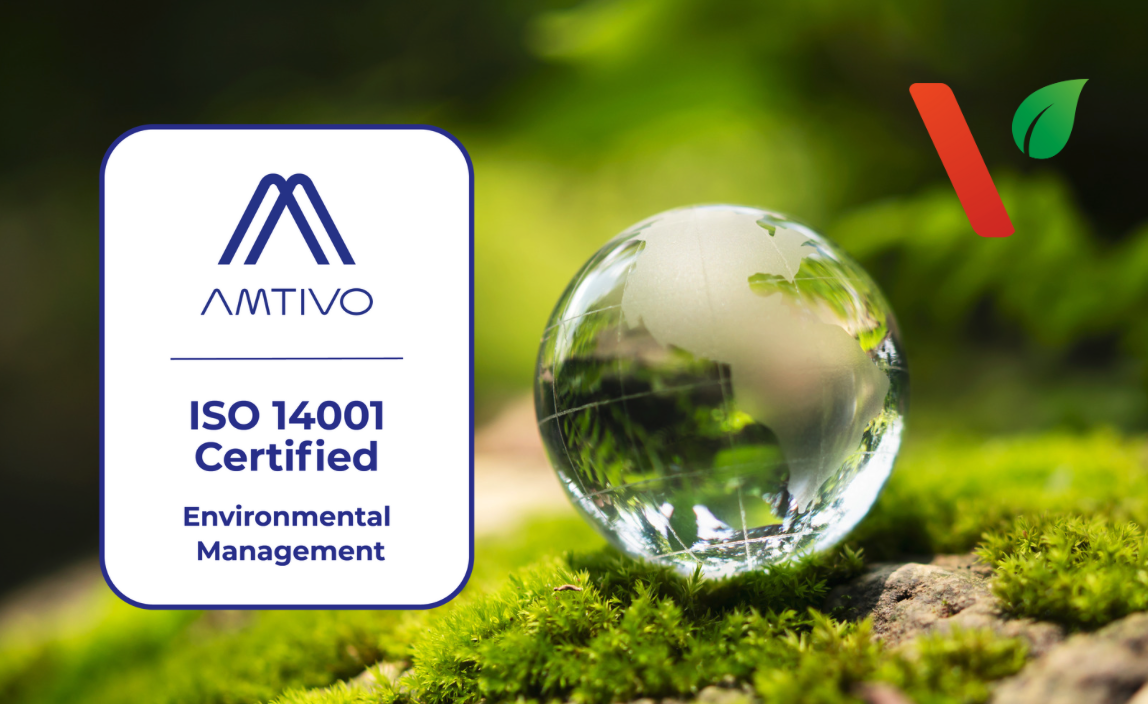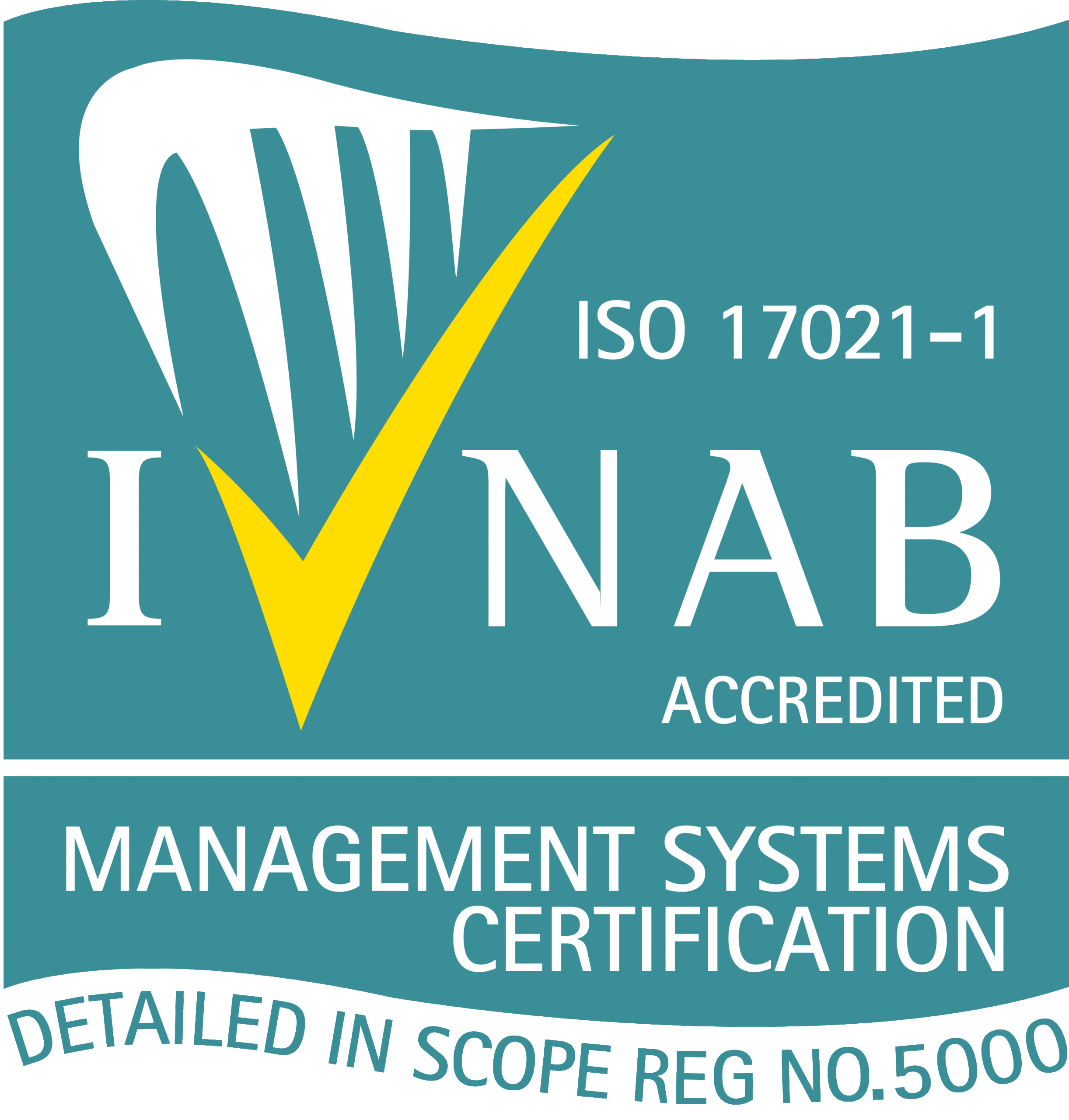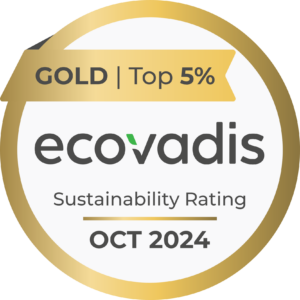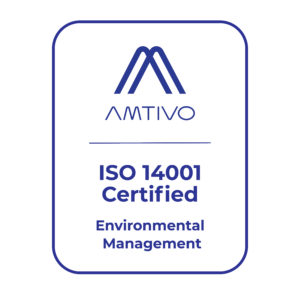At Vinehall, we’re proud to announce that we’ve achieved ISO 14001 certification, a globally recognised standard for environmental management systems. This certification demonstrates our commitment to sustainability by ensuring we consistently reduce waste, manage resources efficiently, and lower our environmental impact. To achieve this, we’ve implemented rigorous processes that track and improve our environmental performance across all operations—from using recycled inks to maintaining our zero-landfill policy.
As a family-run company established in 1988, Vinehall Displays has always taken pride in providing high-quality, reliable, and sustainable solutions for conferences, exhibitions, and events. Our 20,000-square-foot facility just outside Dublin is equipped to handle everything in-house, ensuring your brand is in good hands. If you’re interested in learning more about how we can help you create impressive, eco-friendly events, get in touch with our team today to discuss your next project!
What is ISO Certification?
ISO certification is an internationally recognised standard that ensures companies meet specific requirements for quality, safety, efficiency, and environmental responsibility. Issued by the International Organization for Standardization (ISO), these certifications verify that a company’s processes, products, or services comply with global best practices. Achieving ISO certification signals a company’s dedication to maintaining high operational standards and delivering value to its clients. It also gives customers confidence that the business operates under a consistent, reliable framework.
What is ISO 14001 Certification?
ISO 14001 certification is a globally recognised standard for environmental management systems (EMS). It provides businesses with a framework to improve their environmental performance by reducing waste, managing resources more efficiently, and minimising their ecological footprint. The certification is designed for organisations of all sizes and sectors, from manufacturing and construction to service industries like event production. By achieving ISO 14001, businesses demonstrate their commitment to sustainability and environmental responsibility, which is increasingly important to clients, partners, and regulators.
ISO 14001 makes a tangible impact by helping companies establish policies and processes that not only comply with environmental regulations but also go beyond to promote long-term sustainability. Certified businesses are better equipped to manage energy usage, waste production, and carbon emissions. As a result, they not only reduce their environmental impact but also benefit from cost savings and improved operational efficiency, all while enhancing their reputation as environmentally conscious organisations.
ISO 14001 Certification Guidance
ISO 14001 certification requires organisations to follow a detailed set of guidelines to develop and implement an effective environmental management system (EMS). These guidelines are designed to help businesses identify, manage, and improve their environmental impact in a structured and measurable way. The process involves not only meeting legal environmental obligations but also setting ambitious goals for continuous improvement. Achieving this certification is no small feat, and Vinehall’s success in meeting these rigorous standards is a testament to our commitment to sustainability and operational excellence.
Key Requirements for ISO 14001 Certification
- Environmental Policy: Companies must establish a clear environmental policy that outlines their commitment to sustainability, reducing their environmental footprint, and continually improving their environmental performance. This policy must be communicated to employees and stakeholders.
- Planning and Risk Assessment: Businesses must assess the environmental risks and opportunities associated with their operations. This involves identifying areas where they can reduce waste, conserve resources, and minimise pollution. Goals and action plans must be set for ongoing improvement.
- Operational Control: ISO 14001 requires companies to establish controls that ensure their operations meet environmental standards. This includes monitoring resource usage, managing waste, and implementing processes that minimise environmental harm.
- Monitoring and Measurement: To achieve ISO 14001, companies must regularly monitor and measure their environmental performance. This includes tracking resource consumption, waste production, and emissions. Vinehall’s rigorous tracking systems enable us to measure our progress and continually find new ways to reduce our impact.
- Continuous Improvement: The certification process requires a commitment to ongoing improvement. Businesses must review their environmental management system regularly and update their practices to reflect new goals, regulations, or technologies. At Vinehall, we’re always looking ahead, using cutting-edge practices to exceed industry standards.
These guidelines ensure that any company with ISO 14001 certification has not only met today’s environmental standards but is also prepared for future challenges. Vinehall’s achievement of this certification showcases our dedication to reducing our environmental footprint while maintaining high standards of service and quality for our clients.
The Challenge of Achieving ISO 14001 Certification in Production
As a production company, achieving ISO 14001 certification comes with its unique set of challenges, particularly as we strive to implement sustainable practices in a fast-paced industry. The complexities of managing environmental impact while meeting client demands for high-quality outputs require a delicate balance. At Vinehall, we understand that the production process can generate significant waste and resource consumption, making our commitment to sustainability even more critical.
Our journey towards certification involved extensive training and the development of tailored processes that not only comply with environmental regulations but also push us to innovate continuously. This dedication reflects our belief that sustainability is not just an obligation; it’s an integral part of our identity as a company.
What does ISO 14001 Certification mean for Vinehall?
For Vinehall, achieving ISO 14001 certification solidifies our commitment to sustainability across all aspects of our business, from design and production to day-to-day operations. This certification enhances our ability to reduce waste, conserve energy, and operate with greater efficiency, ensuring that we remain a responsible partner for our clients while protecting the environment. With this framework in place, we can continue to offer innovative solutions that not only meet high creative and technical standards but also align with environmental best practices.
For our customers, this means they can trust that every project we undertake is delivered with sustainability in mind. Whether we’re producing a bespoke exhibition stand, managing event logistics, or offering printing services, clients can be confident that we’re reducing our environmental impact at every stage. Our zero-landfill policy and use of eco-friendly materials are just a few examples of how this certification directly benefits our clients, by ensuring their events and displays align with growing expectations for environmental responsibility.
Ultimately, ISO 14001 helps us improve efficiency, reduce costs, and enhance our reputation, allowing Vinehall to deliver even greater value to our clients while making a positive impact on the planet.
Getting the Best with Vinehall
At Vinehall, we believe that sustainability and quality go hand in hand. With our ISO 14001 certification, we’re not just meeting industry standards—we’re exceeding them. When you choose Vinehall, you’re not only getting a creative and reliable partner but one deeply committed to reducing environmental impact while delivering exceptional results. From bespoke exhibition stands to conference management and everything in between, we ensure that each project reflects the highest levels of professionalism, efficiency, and eco-consciousness.
With over 30 years of experience and a dedicated team focused on your success, you can trust that you’re in good hands. Let us bring your ideas to life knowing that every detail has been carefully crafted to align with your goals and our commitment to exhibiting sustainably. Ready to get started? Contact us today to discuss your next project—we’re here to make it exceptional.
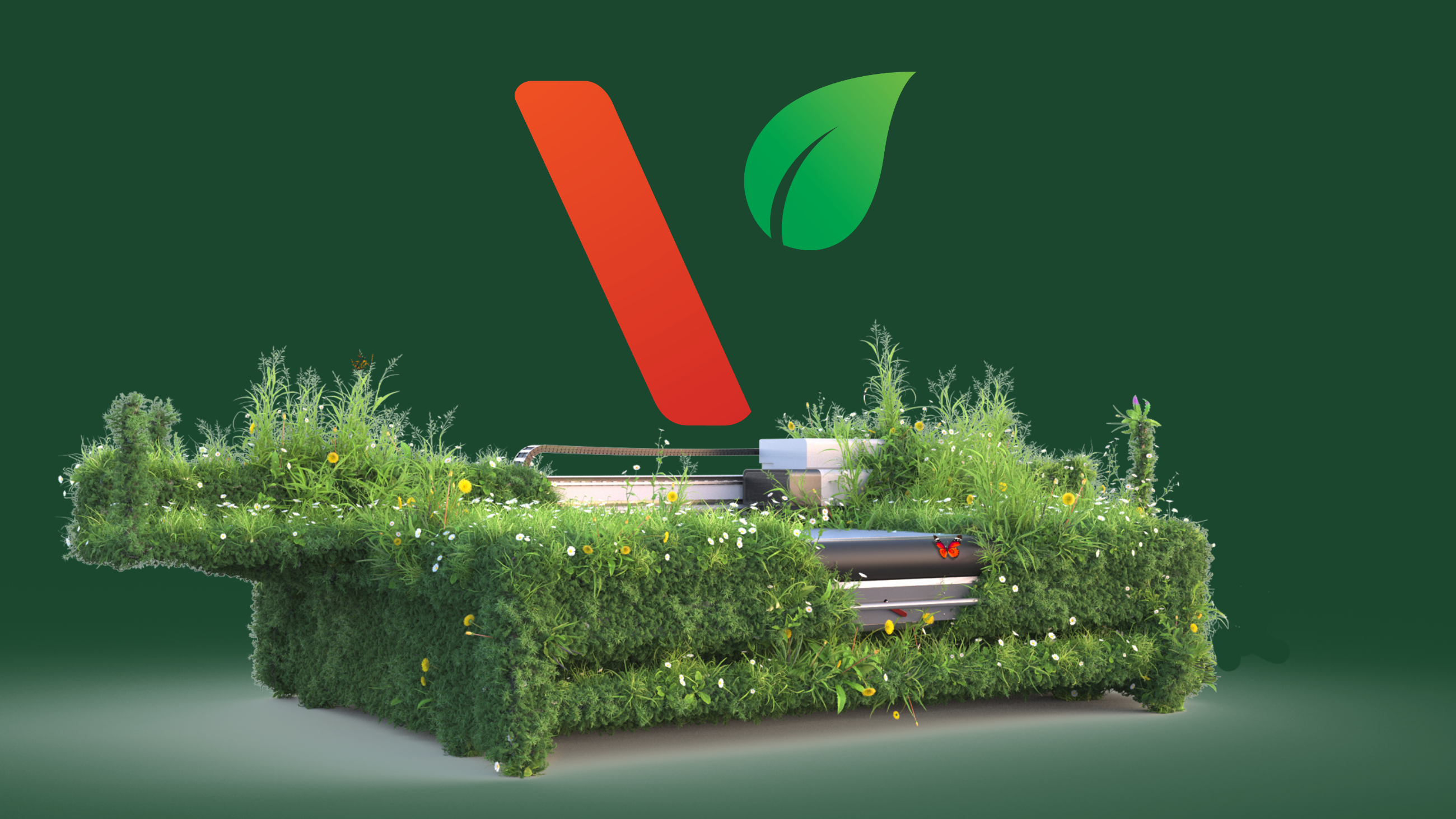
ISO 14001 Certification: FAQs
Q: What is ISO 14001 certification?
A: ISO 14001 certification is an internationally recognised standard that specifies the requirements for an effective environmental management system (EMS). It helps organisations improve their environmental performance by managing their environmental responsibilities in a systematic way.
Q: Who can benefit from ISO 14001 certification?
A: Any organisation, regardless of size or industry, can benefit from ISO 14001 certification. This includes manufacturers, service providers, and non-profits, all of whom can improve their environmental impact and operational efficiency through better resource management and sustainable practices.
Q: How does ISO 14001 certification impact a company’s operations?
A: ISO 14001 certification helps companies streamline their operations by implementing structured processes for managing environmental responsibilities. This leads to reduced waste, lower energy consumption, and improved compliance with environmental regulations, ultimately resulting in cost savings and enhanced efficiency.
Q: What are the steps to achieve ISO 14001 certification?
A: To achieve ISO 14001 certification, an organisation must develop and implement an environmental management system, conduct a thorough risk assessment, establish an environmental policy, and set measurable goals for improvement. After these steps, a third-party auditor assesses the system for compliance with ISO standards.
Q: How does ISO 14001 certification benefit customers?
A: Customers benefit from ISO 14001 certification as it demonstrates a company’s commitment to sustainability and environmental responsibility. This can enhance a customer’s brand reputation and provide peace of mind that they are working with a partner who prioritises eco-friendly practices in their operations.
